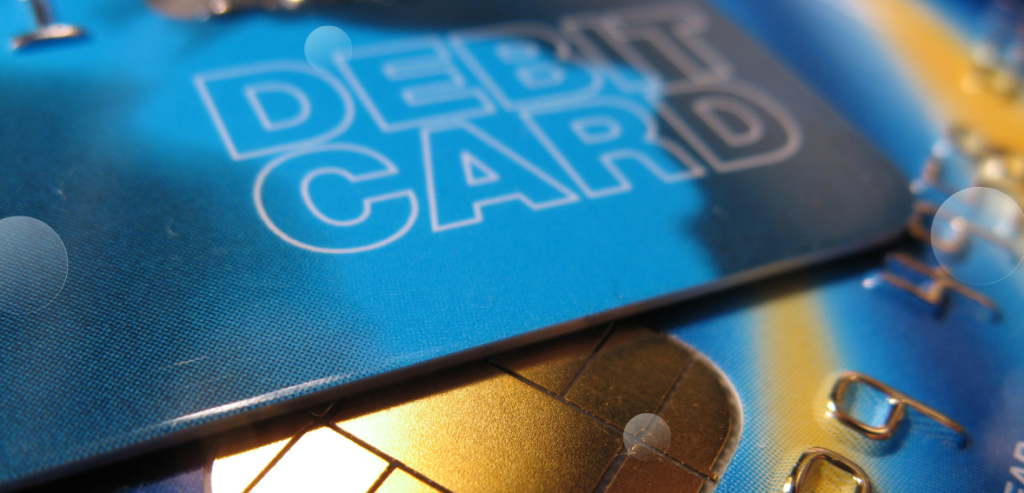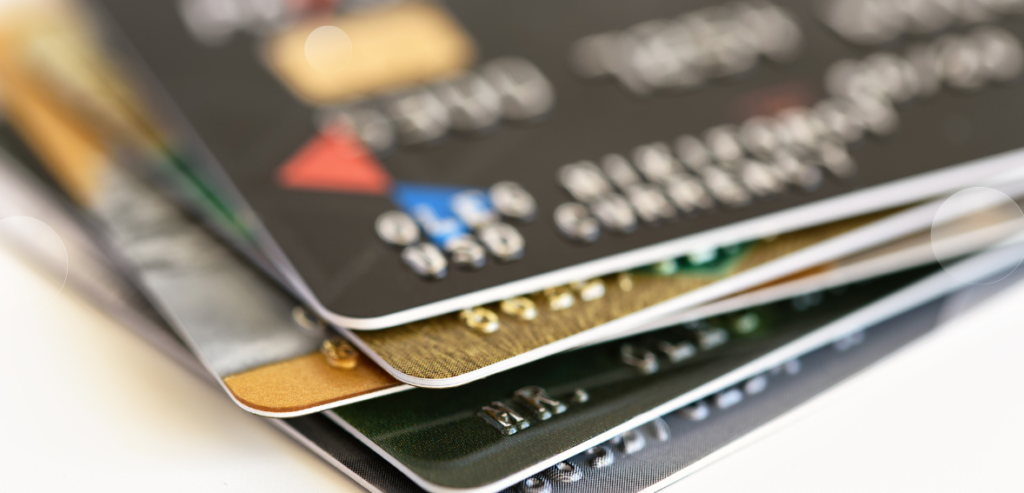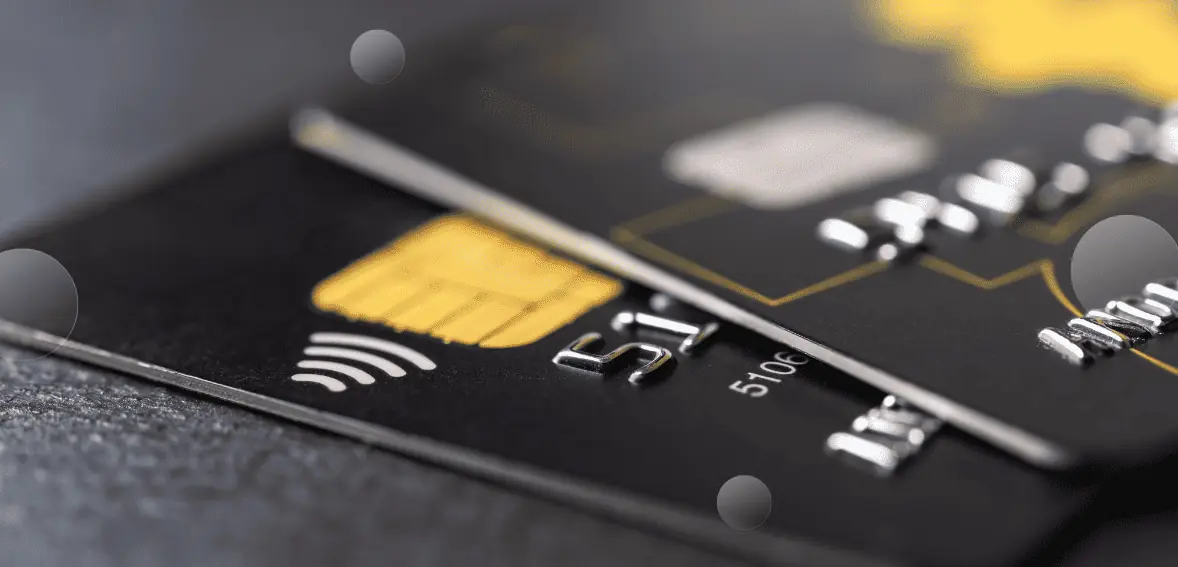Debt habits are changing, and consumers are rapidly paying down credit card debt. This increasing trend of shunning credit has led many customers to prefer using debit cards, which provide the same utility and security as a credit card but without the risk of accumulating debt.
Although debit card processing fees are much lower than credit card processing costs, there are still ways to minimize debit card costs further. Furthermore, as debit cards are becoming more widespread, it can be very beneficial for merchants to understand better how to lower these costs as much as possible. Below, we look at how debit card payments differ from credit card payments, the different types of payment processing, and the costs associated with debit card payments.
How are debit card payments different from credit card processing?
Debit card payments require fewer steps to process. Credit cards are processed by first being routed to the payment processor. The payment processor moves the card along to the card network, e.g., Visa, Mastercard, etc., for data verification and fraud prevention. From there, it goes to the issuing bank to confirm the availability of funds. Funds move from the payment processor to the merchant, and then the payment processors collect funds from the issuing banks.
With debit cards, the process involves fewer steps and parties. Data is sent directly to the card network for the same identity verification process as with credit cards. Then, the transaction is routed to the issuing bank, which confirms the availability of funds and transfers funds directly to the merchant.
As fewer parties are involved, the processing costs for debit cards are cheaper. Also, unlike some credit cards, there aren’t any corporate cards or rewards programs associated with debit cards, with which generally higher processing fees are associated.
Types of debit card payment processing

How debit card payments are processed can determine the costs associated with processing fees. There are two fees associated with each transaction processed: a percentage and a fixed transaction cost. So, the few variations to debit card processing can sway expenses depending on how a debit card is processed at the point of sale (POS) system, which merchants can prudently manage.
PIN transactions—When choosing the debit option at the POS, customers must enter the ATM PIN code into the POS. This is the most common form of debit card payment processing. When choosing this option, the transaction is routed through banking networks for the associated customer accounts. PIN transaction costs carry lower percentage fees but are lower at the transaction level, making them ideal for larger-ticket purchases.
Signature transactions—These types of transactions are processed through credit card networks and don’t require a PIN for verification, but the customer’s signature must be matched against the card. In terms of cost for signature transactions, the inverse is true: higher percentage rates but lower per-transaction costs, making this method ideal for lower-ticket items.
Contactless transactions are payments made with mobile wallets linked to a debit card. Instead of entering a PIN, a near-field communication (NFC) device, such as a smartphone or a smartwatch, is held next to a POS to process the payment. Since the mobile payment has all the debit card details, it is processed similarly to a PIN transaction and has the same processing costs.
Online transactions—Also referred to as card-not-present transactions, these are usually where the payment has to be keyed in, i.e., e-commerce or online payments. These transactions are processed the same way as signature transactions but are even more expensive. Since the card data is being keyed in, there is the risk of data entry error, or in the case of eCommerce, the risk of identity theft, and the card isn’t used by the actual cardholder.
Debit card processing Fees – Factors

One last factor that can determine the cost of debit card transactions is the issuing bank, and unfortunately, merchants cannot control this factor.
A little about banking regulation: if a bank has total assets greater than $10 billion, it falls under a stricter regulatory purview with the Federal Reserve, FDIC, and the Consumer Finance Protection Bureau (CFPB). Furthermore, these banks become subject to specific laws, such as the Durbin Amendment, which caps debit card interchange fees. We will refer to such banks as large regulated banks.
If a large regulated bank issues the debit card, the interchange fee is capped at 0.05% + $0.21/transaction, as per the Federal Reserve’s final rule on debit card interchange fees.
For banks with less than $10 billion in assets that aren’t subject to these rules, there are no caps on debit card interchange fees, and they can vary depending on the bank.
Surprisingly, consumers are reversing decades of credit card usage growth trends and have started to reduce debt balances. As a result, debit cards are becoming a preferred payment method among consumers as they offer the same versatility as credit cards: security compared to caring cash, universally accepted while providing additional benefits such as keeping a watch on spending habits and avoiding debt. As debit card usage becomes more prevalent, it would behoove merchants to understand the granularities of the payment method better. How are debit cards different from credit cards? What are the different types of debit card transactions? Although a cheaper alternative to credit card processing, what are their associated costs?
As spending habits and attitudes towards credit shift, a cheaper alternative emerges for merchants regarding payment processing. Nonetheless, there are still efficiencies that businesses can gain as they build a better understanding of debit card processing fees.

